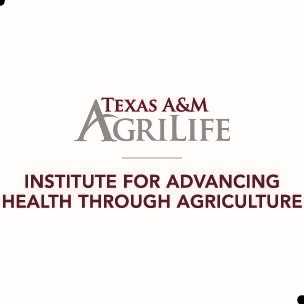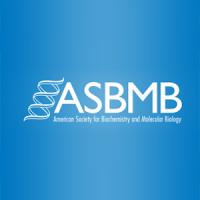Category: Lab News
-
$1.19 million grant will leverage single-cell sequencing technology: National Institutes of Health-funded project will help with cancer diagnosis, treatment, prevention
The Texas A&M University System has received a $1.19 million grant from the National Institutes of Health, NIH, for a multidisciplinary collaboration to study the intricate connections between genomics, nutrition and health. Understanding these connections will help in the diagnosis and treatment of cancer and other diseases. Yang Ni, Ph.D., an assistant professor in the College of…
-
Personalized Nutrition
Dr. Chapkin presents an invited webinar on “Personalized nutrition using microbial metabolite phenotype to stratify participants”. This presentation also features a discussion on host exfoliomics (host mRNAs isolated from the fecal stream) that reveal the effects of dietary fiber in a clinical trial.
-
Texas A&M AgriLife Research recognizes outstanding achievers
Research Scientist of the Year Award: Robert Chapkin, Ph.D Texas A&M AgriLife Research Professor Robert Chapkin, Ph.D., College Station, has made outstanding contributions to the areas of precision nutrition and stem cell biology, cancer chemoprevention and the development of noninvasive predictive biomarkers. Chapkin carries the title of Distinguished Professor in the Texas A&M University Department of…
-
Researchers target cell membranes for cancer research
“We are pleased to announce the publication of our recent paper on membrane therapy. The paper is highlighted in the American Society of Biochemistry & Molecular Biology (ASBMB) Today and can now be accessed online”. Fuentes JLR 2021, Supplemental Material . “You can read the article about our recent paper in the Journal of Lipid…
-
Press Release with Texas AgriLife Research
For the last 32 years, Robert Chapkin, Ph.D., Texas A&M Department of Nutrition Distinguished professor, Allen Endowed Chair in Nutrition & Chronic Disease Prevention and National Cancer Institute Outstanding Investigator Award Recipient, College Station, has conducted revolutionary work around noninvasive means of investigating and modeling the role of nutrition in infant development into adulthood. His team’s discovery of what…





